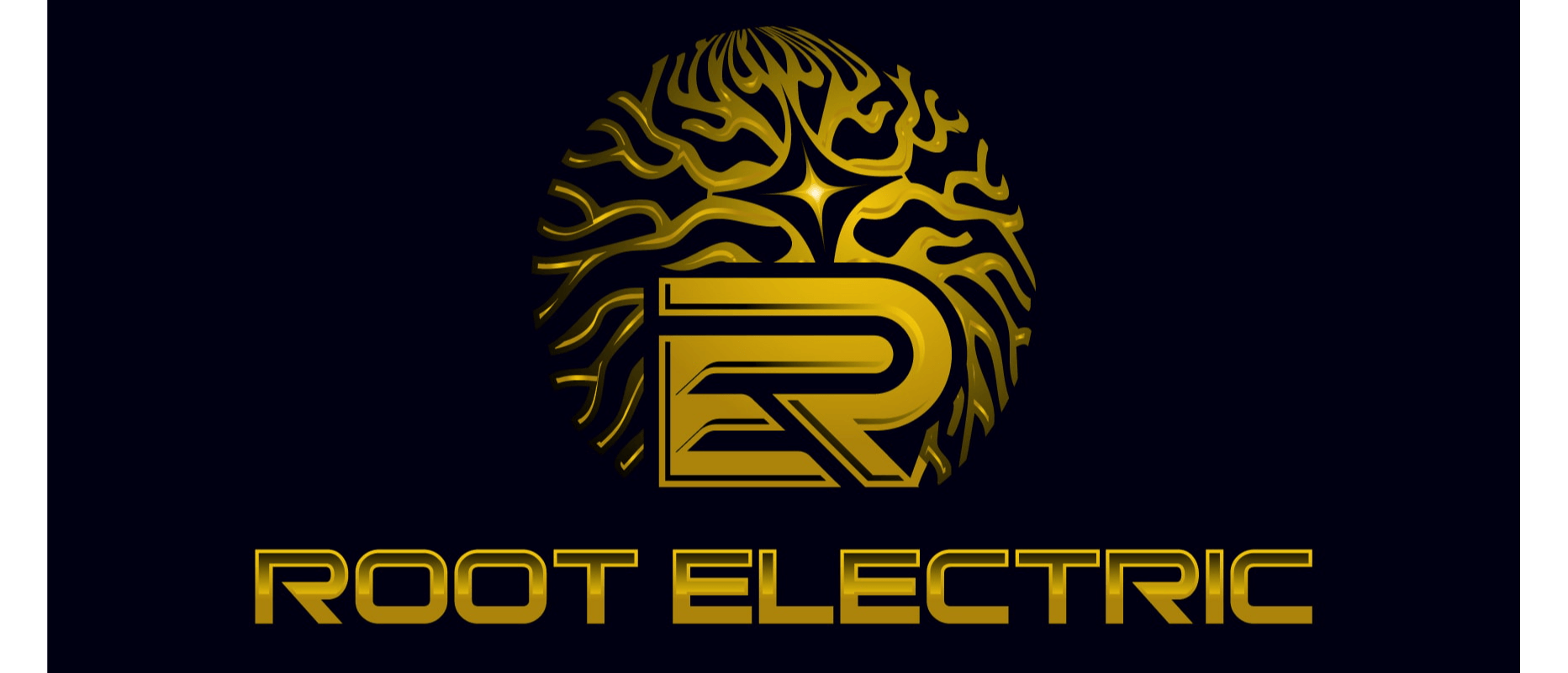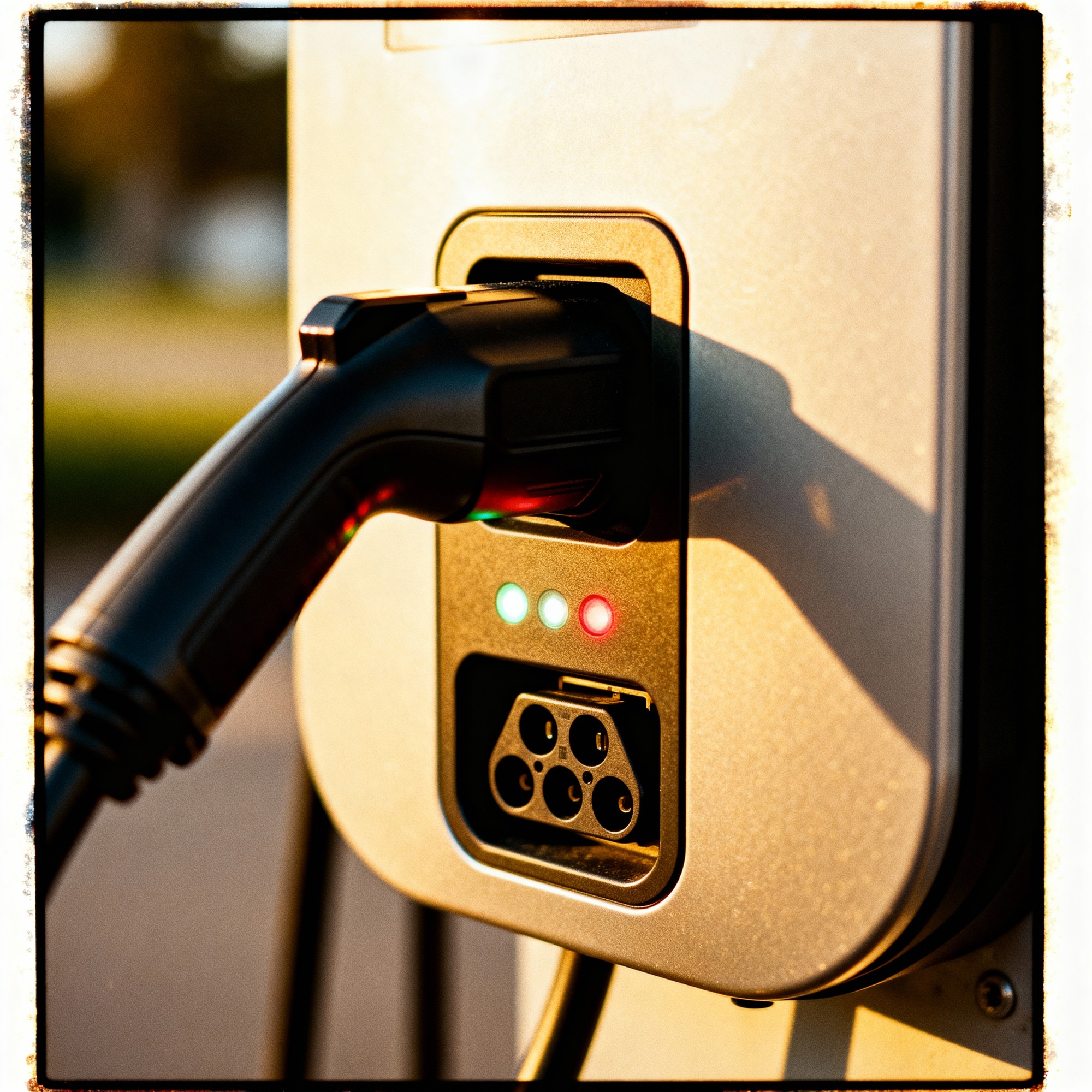As electric vehicle adoption continues to surge in Centennial, Colorado, homeowners are increasingly seeking convenient and efficient charging solutions for their properties. Installing a home EV charger offers numerous benefits, including overnight charging convenience, cost savings compared to public charging stations, and increased property value. Understanding your options and the installation process is crucial for making informed decisions about your home's electric vehicle charging infrastructure.
Types of EV Chargers for Home Installation
When considering EV charger installation in Centennial, you'll encounter three primary charging levels, each with distinct characteristics and installation requirements. Level 1 charging utilizes standard 120-volt household outlets and provides the slowest charging speeds, typically adding 3-5 miles of range per hour of charging. While Level 1 charging requires no special installation, it's generally insufficient for daily driving needs unless you have minimal commuting requirements.
Level 2 charging represents the most popular choice for residential installations in Centennial. These chargers operate on 240-volt circuits, similar to those used for electric dryers or ovens, and deliver significantly faster charging speeds of 25-40 miles of range per hour. Level 2 chargers require professional electrical installation and often necessitate electrical panel upgrades to accommodate the additional power requirements.
Level 3 charging, also known as DC fast charging, is typically reserved for commercial applications due to its substantial power requirements and installation costs. These systems are rarely installed in residential settings due to their complexity and the significant electrical infrastructure upgrades they require.
Electrical Requirements and Infrastructure Assessment
Before proceeding with EV charger installation in Centennial, a comprehensive electrical assessment of your home is essential. Most Level 2 EV chargers require a dedicated 240-volt circuit with amperage ratings ranging from 30 to 50 amps, depending on the specific charger model and your vehicle's charging capabilities. Your home's electrical panel must have sufficient capacity to handle this additional load without compromising other electrical systems.
Many homes in Centennial, particularly older properties, may require electrical panel upgrades to accommodate EV charger installation. A qualified electrician will evaluate your current electrical service, typically 100, 150, or 200 amps, and determine whether upgrades are necessary. Panel upgrades not only enable EV charger installation but also improve your home's overall electrical capacity and safety.
The location of your electrical panel relative to your desired charging location significantly impacts installation costs and complexity. Garages attached to homes typically offer the most straightforward installation scenarios, while detached garages or outdoor charging stations may require extensive trenching and conduit installation to run electrical service from the main panel.
Choosing the Right EV Charger
Selecting an appropriate EV charger involves considering several factors specific to your vehicle, driving habits, and home's electrical capacity. Charging speed compatibility varies among electric vehicles, with some models accepting higher charging rates than others. Consulting your vehicle's specifications ensures you select a charger that maximizes your car's charging capabilities without unnecessary overspending on unused capacity.
Smart charging features have become increasingly popular among Centennial homeowners. These advanced chargers offer smartphone connectivity, scheduling capabilities, energy usage monitoring, and integration with home automation systems. Smart chargers allow you to take advantage of time-of-use electricity rates by scheduling charging during off-peak hours when electricity costs are lower.
Weather resistance is particularly important in Colorado's variable climate. Look for chargers with appropriate NEMA ratings for outdoor installation if you plan to mount the unit outside your garage. Indoor installations offer protection from the elements but may limit parking flexibility and require adequate ventilation in enclosed spaces.
Installation Process and Timeline
The EV charger installation process in Centennial typically begins with a comprehensive site evaluation by a licensed electrician. This assessment includes examining your electrical panel capacity, determining the optimal charger location, measuring distances for electrical runs, and identifying any potential installation challenges. The electrician will provide detailed recommendations and cost estimates based on your specific requirements.
Permit acquisition is a crucial step in the installation process. Centennial requires electrical permits for EV charger installations, ensuring work complies with local electrical codes and safety standards. Professional electricians typically handle permit applications and coordinate with local inspectors to ensure smooth project completion.
The physical installation process varies depending on your home's configuration and chosen charger location. Simple installations in attached garages with adequate electrical panel capacity may be completed in a single day. More complex installations requiring panel upgrades, extensive electrical runs, or outdoor mounting may take several days to complete.
Installation steps typically include running appropriate electrical wiring from the panel to the charging location, installing a dedicated circuit breaker, mounting the charging station, making final electrical connections, and conducting comprehensive testing to ensure proper operation. All work must pass electrical inspection before the system can be energized and used.
Cost Considerations and Budgeting
EV charger installation costs in Centennial vary significantly based on several factors. Basic Level 2 charger units range from $400 to $1,200, while high-end smart chargers with advanced features may cost $1,500 or more. Installation labor costs depend on the complexity of the electrical work required, with simple installations starting around $500 and complex installations potentially exceeding $2,000.
Electrical panel upgrades represent a significant additional expense, typically ranging from $1,500 to $4,000 depending on the scope of work required. However, panel upgrades provide long-term benefits beyond EV charging, including improved electrical safety, increased home value, and capacity for future electrical additions.
Distance between your electrical panel and desired charger location significantly impacts installation costs. Each additional foot of electrical run increases material and labor costs, particularly for outdoor installations requiring trenching and underground conduit installation. Planning charger placement strategically can help minimize these expenses.
Incentives and Rebates
Colorado offers various incentives and rebates for EV charger installation that can significantly reduce overall project costs. Federal tax credits may be available for residential EV charger installations, providing up to 30% of installation costs up to specified limits. These incentives change periodically, so consulting current federal guidelines ensures you maximize available benefits.
Xcel Energy, the primary utility serving Centennial, offers rebates for residential EV charger installations. These utility rebates can provide several hundred dollars toward charger purchase and installation costs. Additionally, some rebate programs offer reduced electricity rates for EV charging during off-peak hours, providing ongoing savings.
Local and state incentive programs may also be available, and these programs often change annually. Researching current incentive offerings before beginning your installation project ensures you take advantage of all available financial benefits.
Selecting a Qualified Electrician
Choosing the right electrician for your EV charger installation in Centennial is crucial for ensuring safe, code-compliant, and efficient installation. Look for electricians with specific experience in EV charger installations, as this specialized work requires knowledge of charging equipment, electrical codes, and local permit requirements.
Verify that your chosen electrician holds current Colorado electrical licenses and appropriate insurance coverage. Licensed electricians understand local electrical codes, permit requirements, and safety standards essential for proper installation. Request references from previous EV charger installation projects and verify the electrician's reputation through online reviews and Better Business Bureau ratings.
Obtain detailed written estimates from multiple electricians before making your selection. Quality estimates should include equipment specifications, labor costs, permit fees, and timeline expectations. Be wary of estimates that seem significantly lower than others, as they may indicate corners being cut or hidden costs that will emerge during installation.
Maintenance and Long-term Considerations
Proper maintenance ensures your EV charger operates safely and efficiently for years to come. Regular visual inspections of the charging cable, connector, and mounting hardware help identify potential issues before they become serious problems. Keep the charging station clean and free from debris, particularly important in Colorado's dusty and variable weather conditions.
Most quality EV chargers require minimal maintenance, but periodic professional inspections can identify potential issues early. Annual electrical system inspections that include your EV charger ensure all connections remain secure and the system operates within safe parameters.
Consider future needs when planning your installation. If you anticipate purchasing additional electric vehicles or upgrading to a vehicle with faster charging capabilities, installing electrical infrastructure that can accommodate future upgrades may prove cost-effective in the long run.
Installing an EV charger in your Centennial home represents a significant step toward convenient, cost-effective electric vehicle ownership. By understanding your options, working with qualified professionals, and planning for your specific needs, you can ensure a successful installation that serves your family for years to come. The combination of Colorado's supportive incentive programs, advancing charging technology, and growing EV adoption makes now an excellent time to invest in home charging infrastructure.


